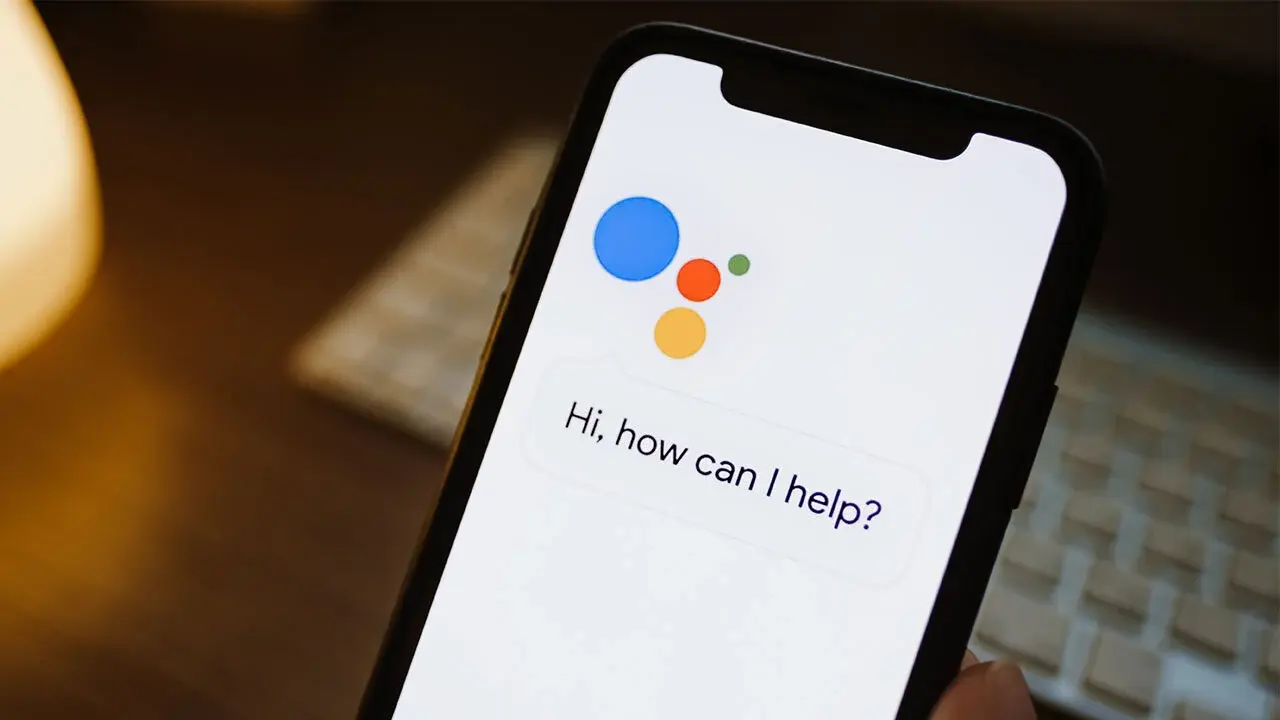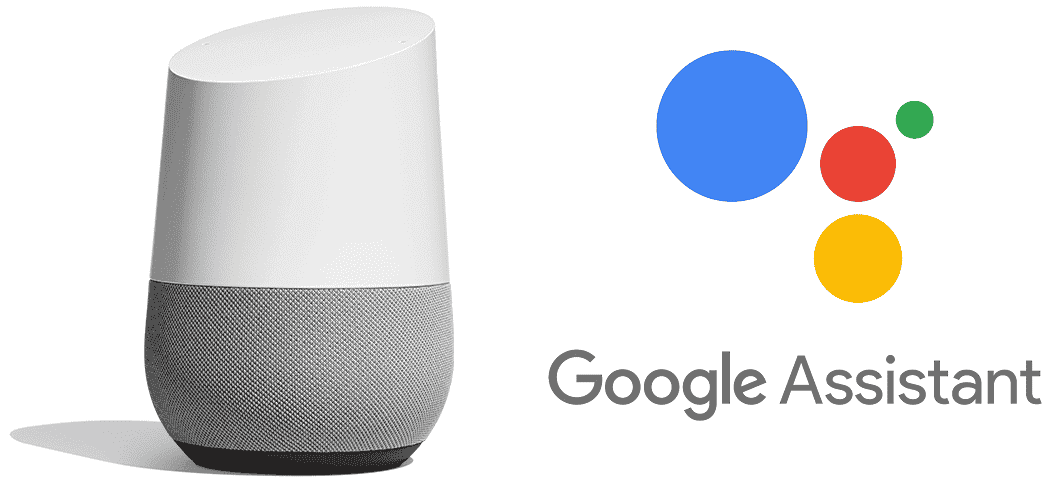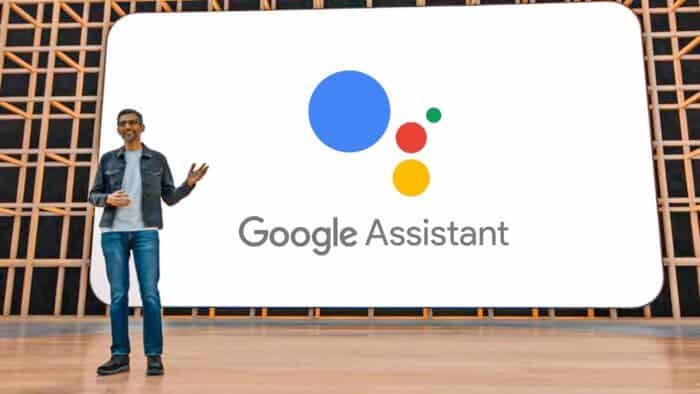Google is making changes to its Assistant features to make it easier to use. Some features, like sending emails or messages using your voice, will be removed soon. If you use any of the 17 features being taken away, you will get a notification starting January 26th, and most of them will stop working on February 26th. This announcement comes shortly after Google said it was letting go of about a thousand employees, including some who worked on Google Assistant.
These changes will affect mobile phones, smartwatches, and smart speakers/displays. Google suggests some workarounds to replace some of the lost features, but others, like the Calm meditation service integration, will be completely removed. The alternatives Google suggests may not be the same as the features that are being taken away.
List of Features that Google is Removing from Google Assistant 
Here is the complete list of features that Google is removing:
1. Playing and controlling audiobooks on Google Play Books with your voice. You can still cast audiobooks from your mobile device.
2. Setting or using media alarms, music alarms, or radio alarms on Google Assistant enabled devices. You can create a custom Routine that has similar behavior or use a standard alarm.
3. Accessing or managing your cookbook, transferring recipes from device to device, playing an instructional recipe video, or showing step-by-step recipes. You can use Google Assistant to search for recipes across the web and YouTube.
4. Managing a stopwatch on Smart Displays and Speakers. You can still set timers and alarms.
5. Using your voice to call a device or broadcast a message to your Google Family Group. You can still broadcast to devices in your home.
6. Using your voice to send an email, video or audio message. You can still make calls and send text messages.
7. Rescheduling an event in Google Calendar with your voice. You can still schedule a new event.
8. Using App Launcher in Google Assistant driving mode on Google Maps to read and send messages, make calls, and control media. You can still use voice control on Google Maps the same way.
9. Asking to schedule or hear previously scheduled Family Bell announcements. You can create a custom Routine that has similar behavior.
10. Asking to meditate with Calm. You can still ask for meditation options with media providers such as YouTube.
11. Voice control for activities will no longer be available on Fitbit Sense and Versa 3 devices. You’ll need to use the buttons on your device to start, stop, pause, and resume activities. You can still voice control activities on Pixel Watches.
12. Viewing your sleep summaries will only be available on Google Smart Displays. You can still ask for sleep details by voice on third-party smart clocks.
13. Calls made from speakers and Smart Displays will not show up with a caller ID unless you’re using Duo.
14. Viewing the ambient “Commute to Work” time estimates on Smart Displays. You can still ask for commute times and get directions by voice.
15. Checking personal travel itineraries by voice. You can still ask for flight status.
16. Asking for information about your contacts. You can still make calls to your contacts.
17. Asking to take certain actions by voice, such as send a payment, make a reservation, or post to social media. You can still ask Assistant to open your installed apps.
How will the Lack of these Features Affect Users?
Google Assistant is a very popular product of Google that is useful to millions of users around the world. Due to its diverse features, different users use it for different purposes and these users have used the features for quite a long time now. Even though the removal of certain features will certainly improve Google Assistant one or the other, it may have a number of impacts on users in the long run. Impacts does not mean negativities alone, there may also be a couple of positive impacts. Below, we will discuss both positive and negative impacts of this move by Google.
Impact of Google Assistant Feature Removals (Positive and Negative)
Negative Impacts:
-
Reduced Functionality: Users lose convenient access to various tasks like audiobook playback, recipe management, stopwatch control, smart home broadcasting, email/message sending, calendar event rescheduling, driving mode functions, Calm meditation integration, activity voice control on Fitbits, sleep summaries on non-Smart Displays, caller ID on calls, commute time estimates, travel itinerary details, contact information lookup, and specific voice-initiated actions like payments, reservations, and social media posts.
-
Loss of Convenience and Efficiency: Replacing features with alternative methods (web searches, manual device controls, routines) may be less convenient and require more effort.
-
Frustration and User Dissatisfaction: Losing accustomed features can be frustrating and disrupt workflows, leading to dissatisfaction with Google Assistant.
-
Competitive Disadvantage: Google Assistant may appear less versatile and user-friendly compared to competitors offering similar features.
Positive Impacts:
-
Streamlined Assistant: Removing unused features may make Google Assistant simpler and easier to navigate for some users.
-
Resource Optimization: Google can reallocate resources towards developing and improving remaining features.
-
Focus on Core Functionality: Focusing on core functions like voice search, information access, and smart home controls might enhance the performance and reliability of these features.
-
Potential for Future Innovation: Removing redundant features could pave the way for introducing new and more innovative functionalities in the future.
Overall:
The impact of Google Assistant’s feature removals will depend on individual user preferences and reliance on specific features. While some users might experience significant inconvenience and reduced functionality, others might not be significantly affected or even appreciate a simplified Assistant.
Ultimately, the success of these changes will depend on Google’s ability to provide effective alternatives, enhance remaining features, and introduce new functionalities that appeal to a broader user base.
Conclusion 
Google is making some changes to its app. Now, when you tap the microphone icon in the app, it will start a search instead of doing other things like turning on lights. This change also affects Pixel devices. On Pixel phones, tapping the microphone in the search bar will now start Voice Search instead of Assistant.
Simplifying what the Google Assistant platform can do might make it easier to use in the long run, but losing some features could be a problem for people who use them. If you want more details about these changes, you can check the Google Assistant help page.

